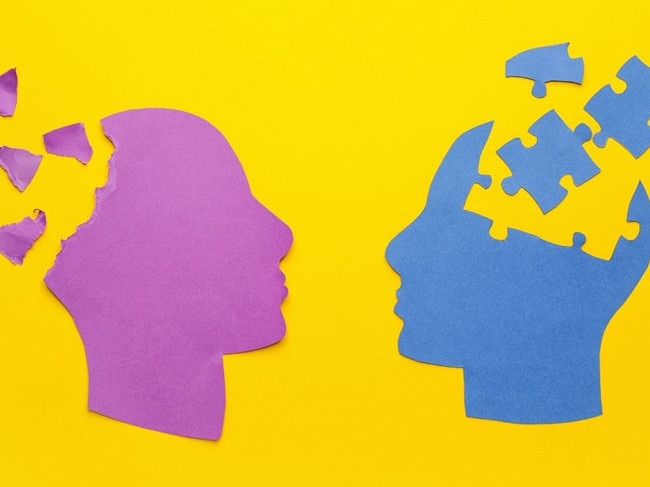The ‘game-changer’ new AI tool that can help with early diagnosis of dementia
A new tool that detects dementia looks at these clues in medical records to diagnose the disease earlier so people can start treatment.
Dementia
Don't miss out on the headlines from Dementia. Followed categories will be added to My News.
An artificial intelligence tool that detects dementia by analysing medical records for hundreds of “clues” has been developed in Melbourne, paving the way for earlier diagnosis and treatment.
The Australian-US team behind the initiative has hailed the responsible use of artificial intelligence as a potential game-changer for dementia research, and said their algorithms could help diagnose people whose illness goes undetected.
The novel tool, a project from Monash University and Peninsula Health’s National Centre for Healthy Ageing, was tested on the medical records of one thousand dementia patients.
Results published in the Alzheimer’s & Dementia Journal found their algorithms, which combined AI with “traditional” methods had a “very high accuracy”.

The Centre’s director Professor Velandai Srikanth said they worked with neurologists, geriatricians and medical coders to develop a list of 300 to 400 possible “clues” that could be found in hospital records.
“The clues are based on the kind of things that are not just linked to cognitive symptoms, such as memory,” he said.
“Difficulty in being able to do certain activities of daily living as effectively as they used to.
“Anxious and agitated with unexplained reasons, that again is also a clue.
“Using this new approach we could be identifying people earlier for appropriate and clinical care.”

Prof Srikanth said cases where a patients dementia was either completely undiagnosed – or detected in the community but unknown to hospital staff during their stay – was a real issue.
“There are many people out there who probably have the condition, who are not recognised,” he said.
He said, while there was no cure for the neurodegenerative disease, undiagnosed patients could still miss out on treatments and community supports,or risked receiving medications — for other health issues — that people with dementia should avoid.
“People are missing out on good care because we are not very good at identifying them to their needs,” he said.
Prof Srikanth said the tool was not a replacement for a doctor’s diagnosis, but acted as an alert system that could flag if a patient was actually high-risk and warranted a full assessment.
“Responsibly using AI in scientific research and dementia identification is potentially game-changing,” he said.
He said, while the tool was ready on technological grounds, a thorough governance and ethics process was needed before any use on patients outside of a research setting.
But he said it could be used far sooner — as much of the governance work has already been completed — on de-identified records to improve the accuracy of figures on dementia’s prevalence, which currently underestimate cases.
“The ways of counting the numbers of people with dementia in Australia [are] … actually less than optimal,” he said.
He said figures currently rely on medical coders — who were in short supply — at individual hospitals analysing health records.
“We don’t know what the true extent of the problem is, so we can’t set up the appropriate services on a national basis,” he said.
He said the study was a credit to the centre’s investment in data infrastructure that allows them to test ideas at scale and “develop new approaches”.
“We’re at the beginning of this journey I think,” he said.


